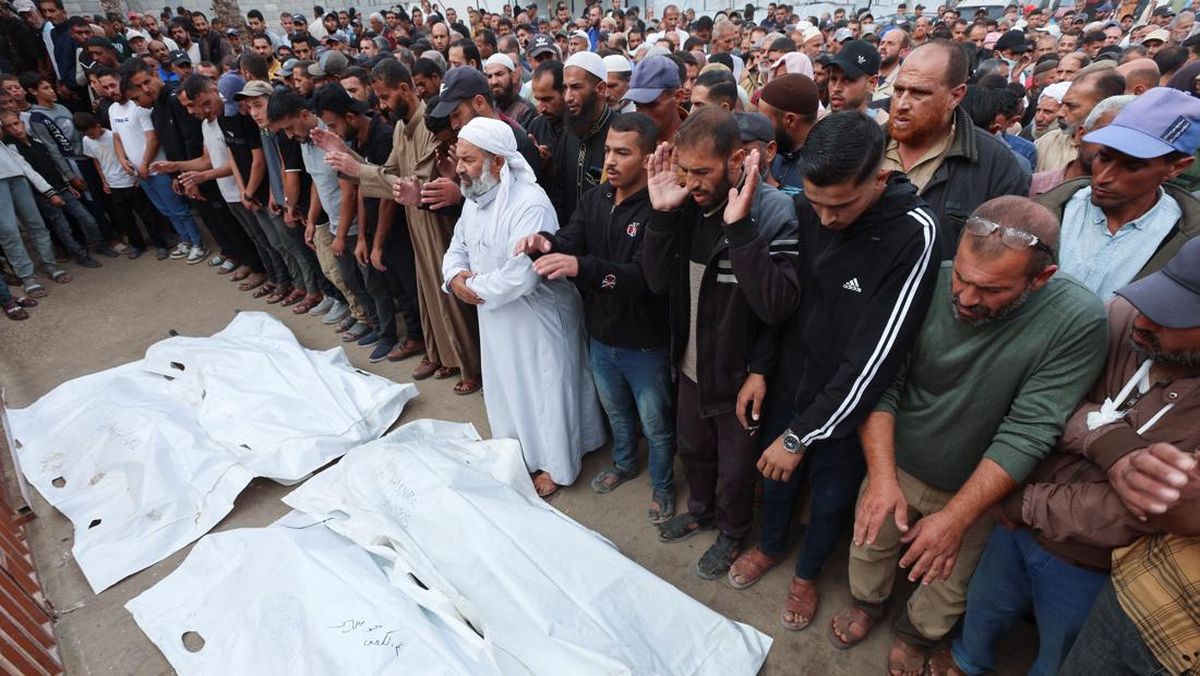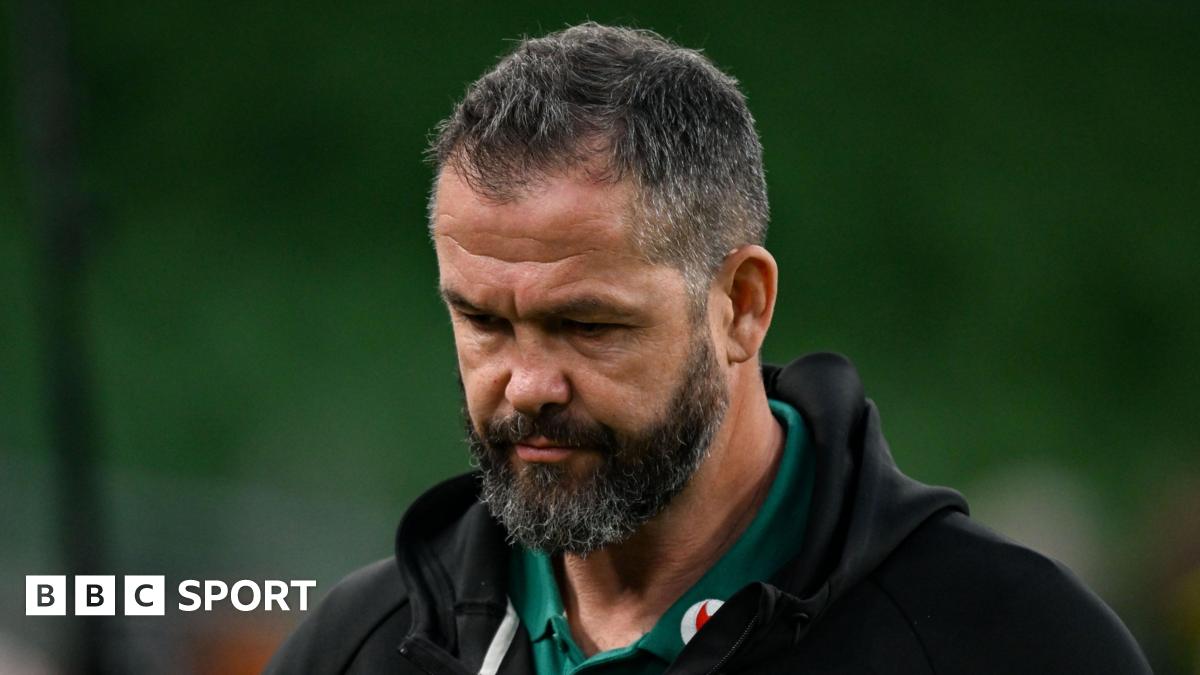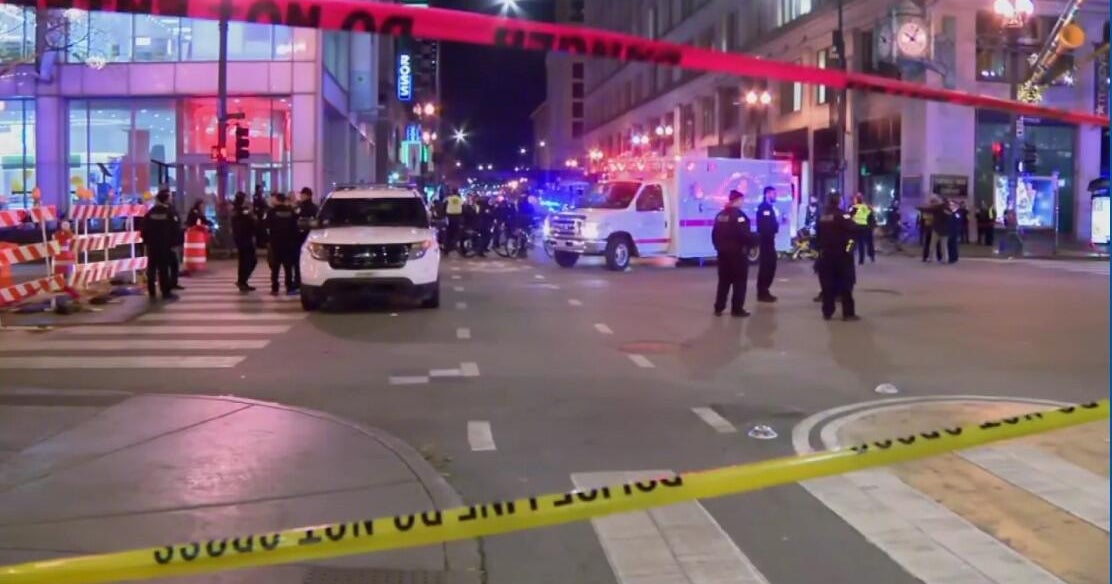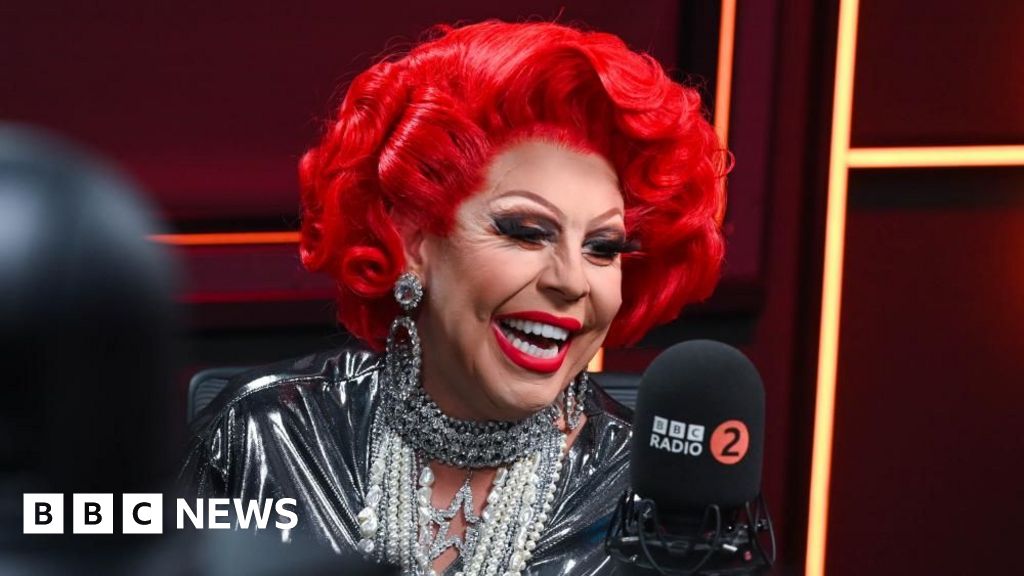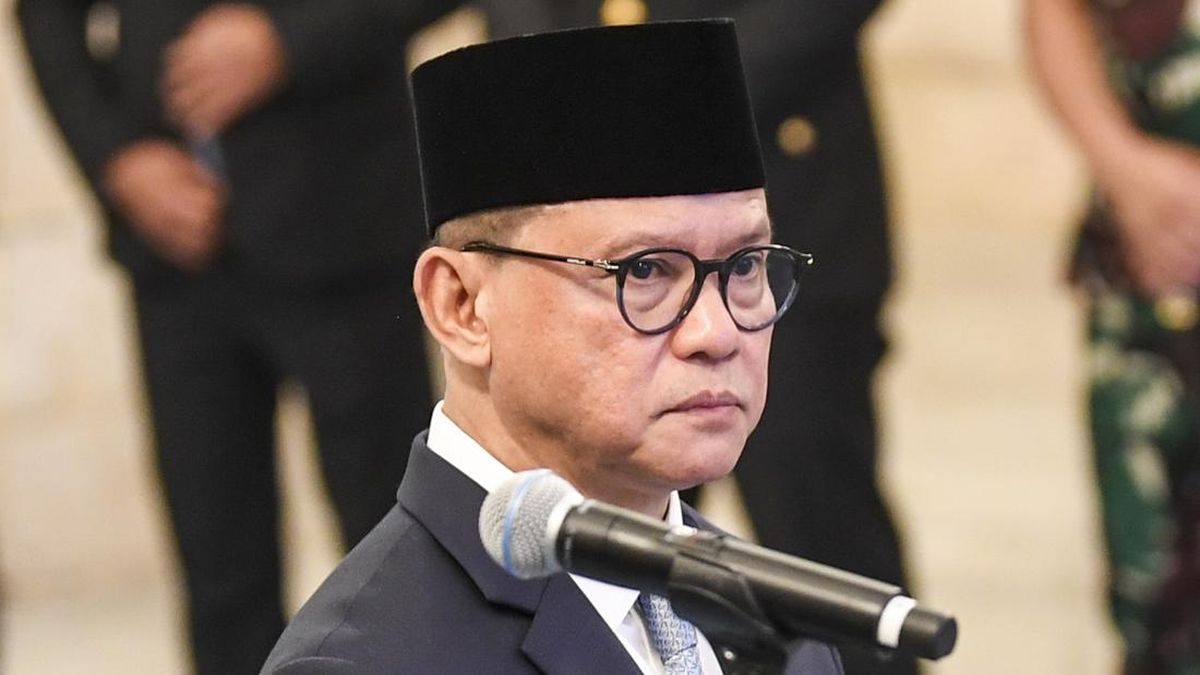By Siobhán O'Grady and Kostiantyn Khudov
August 3, 2025 — 1.50pm
Kamianske, Ukraine: When Diana Koshyk checked into the maternity ward at City Hospital 9 in the eastern city of Kamianske, 26 weeks pregnant and worried about her baby, she didn’t know Ukrainian soldiers were using a building nearby.
The hospital was full of patients: other expecting mothers, women who had just given birth and their newborns.

Diana Koshyk was killed in a Russian strike on a maternity hospital in eastern Ukraine.Credit: Facebook
Diana, 23, and her husband, Oleksandr, 27, tried for a year to conceive this baby – a boy they had already named Damir. When she started experiencing extreme pain in her lower abdomen, they weren’t taking any chances.
But early on Tuesday, Diana called Oleksandr, who goes by Sasha, in a panic. A Russian missile had just torn through the building across the street.
Diana stayed on the phone as she ran downstairs for cover. Then the second missile hit. Sasha heard Diana’s phone fall. The line stayed connected, but she stopped speaking.
It was after 2am. Sasha, who was 25 minutes away at home in the village of Auly, rushed to the hospital by car.

The maternity hospital lies empty after the missile strike.Credit: Ukrainian Emergency Service/AP
Someone told him two pregnant women were wounded and a third was dead. He frantically checked two ambulances for Diana.
Then he saw a body on the ground near the entrance, covered with a sheet. Diana’s green slippers were on the feet poking out from underneath.
Sasha collapsed next to her and her pooling blood, which he can still smell, and started to scream. There had been no time to try to save the baby.
“We were waiting for a son and then in one minute, the ... Russians,” he said, using an expletive, his voice trailing off as he described the horrific scene. “And they were killed.”

Paramedics treat a civilian injured when a missile hit a maternity hospital in Kamianske, Ukraine.Credit: Ukrainian Emergency Service/AP
The military target next door
Russia launched the missiles at Kamianske, a busy city in Ukraine’s Dnipropetrovsk region, hours after United States President Donald Trump announced he would give Russia 10 to 12 days to agree to a ceasefire before imposing new sanctions.
Locals said the strikes probably targeted the first building that was hit, a former medical dispensary that they said was well-known as a makeshift military base. Soldiers used it, they said, despite the maternity hospital next door. The presence of the hospital also did not stop Russia from firing missiles indiscriminately into the centre of the city.
Washington Post reporters found several military uniforms and piles of supplies in the remnants of that damaged building, which sat about 200 metres from the hospital. A sign on the door warned visitors to turn their phones to aeroplane mode, a common rule at military sites. A pile of dusty drone controllers sat outside.
A handful of soldiers at the scene on Thursday, mostly in civilian clothes, denied it had been used as a base. They said it was a warehouse for non-lethal supplies. Only one said he was there when the missiles hit.
Ukrainian military officials did not respond to requests for comment.
On Friday, the Russian Defence Ministry bragged that it struck several high-value military targets, including warehouses and drone workshops, between July 26 and August 1.
Under international conventions on war, military personnel are required to avoid placing military objects near civilian infrastructure or in heavily populated areas. The conventions also ban attacks that put civilians at disproportionate risk of harm.
“I wouldn’t dare bring her to the maternity ward if I knew there were soldiers near there,” Diana’s mother, Lina Dranko, said after her funeral. “I would have brought doctors to our home.”
Wartime dreams of a family
Sasha and Diana met in 2019 – he was just home from his mandatory military service, while she was a new and pretty face on a visit to her mother’s native village. After weeks of sharing walks and kisses, Sasha told her he wanted to celebrate one month of dating.
Loading
“We’re dating?” she replied. It was October 25. The next year, he proposed on the same day – the ring a perfect fit because he had tested it on his pinkie, which he knew was the right size.
On September 25, 2021, they were legally married. When Russia invaded on February 24, 2022, they both felt moved to perform a church wedding to consecrate their vows. The local priest said they failed to complete mandatory rituals, including a brief fasting period. “We said: ‘Come on, it’s war,’” Sasha recalled. The priest gave in, and they had their second wedding ceremony the next day.
As war raged across Ukraine and Russian forces advanced toward the Dnipropetrovsk region where Sasha and Diana lived, the couple tried to maintain a simple village life. Their parents helped them buy a small house, which they started renovating. Diana worked in the local grocery store, where she befriended soldiers posted to the area. Sasha continued working at the nearby steel factory.
They weighed the risks of having a baby during wartime against their dream of a family. The dream won out.
Six months ago, they cheered and cried when two pink lines appeared on a rapid test. They tucked the stick away in a plastic envelope for safekeeping. “It was the happiest moment of our lives,” Sasha said.
Diana began filming her belly as it grew – smiling for the camera as she ran her hands over her bump.
A funeral instead of a baptism
On July 31, Diana’s family placed her hands over her bump for the last time.
She lay in a wooden coffin in the centre of the same room where she had filmed herself dreaming of motherhood. Sasha pressed his face to hers. Her mother, Lina, bent over her belly. Other relatives – her sister, Karina, her father, Anatolii, her nephew, Daniil – took turns caressing her face. They whispered to her and Damir, wishing them farewell.
Loading
The car seat, the wooden crib, the tiny mattress decorated with the words “It’s a boy!” sat in the next room.
Four men carried the coffin outside, where hundreds of people were waiting, weeping, holding each other. A priest began Diana’s funeral rites.
The crowd followed to the cemetery. In the last moments before they covered the coffin, Lina wailed.
“I don’t want to say goodbye!”
“You dreamed of having this baby!”
“I should have protected you!”
They covered Diana and lowered her to the ground. The cross listed her name, birthday and death date. Below, it showed Damir’s name with only a date of death – he was never born.
One woman became so distressed that she was taken away by ambulance. Everyone else lined up to toss a handful of dirt on Diana’s coffin.
Then the grave diggers took out shovels to finish.
At the sombre lunch reception just after, Lina looked at the room full of family and friends.
Loading
“We wish we had this gathering for Damir’s baptism instead of this,” she said through tears.
Outside, Sasha wept as he clutched his friend. He told him he had visited Diana hours before, then went home to clean the house for her return the next day.
“She was so scared. She was calling to say she was scared. She wanted me to be there,” he said. “I wasn’t there. All I cleaned was for nothing – no one needs it. I don’t need that house. I just need her.”
“I really love her,” he sobbed. “I had a reason to live – now I don’t. I’m walking, but I’m not here.”
His little sister, Viktoriia, who is 20, leaned into his side, wrapping her arms around him.
“Now I can wait for a son from you, my sister,” he said through tears, hugging her back. “If you have a son, please name him Damir.”
This article originally appeared in The Washington Post.
Get a note directly from our foreign correspondents on what’s making headlines around the world. Sign up for our weekly What in the World newsletter.
Most Viewed in World
Loading

